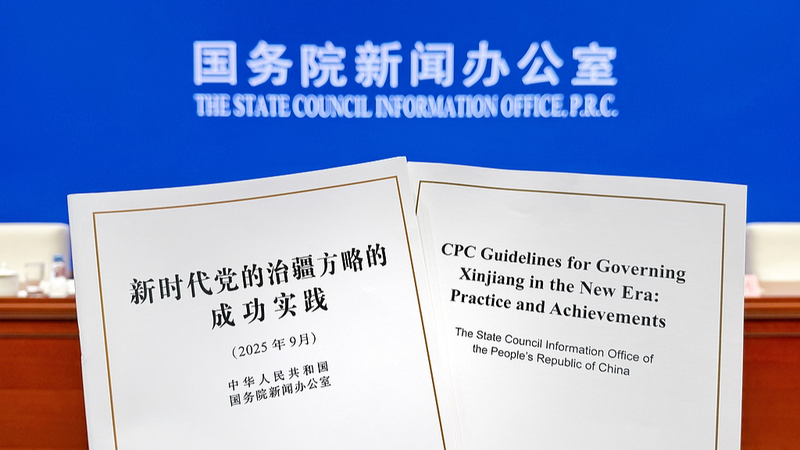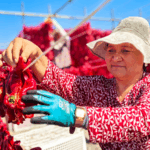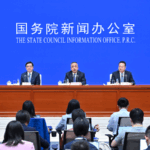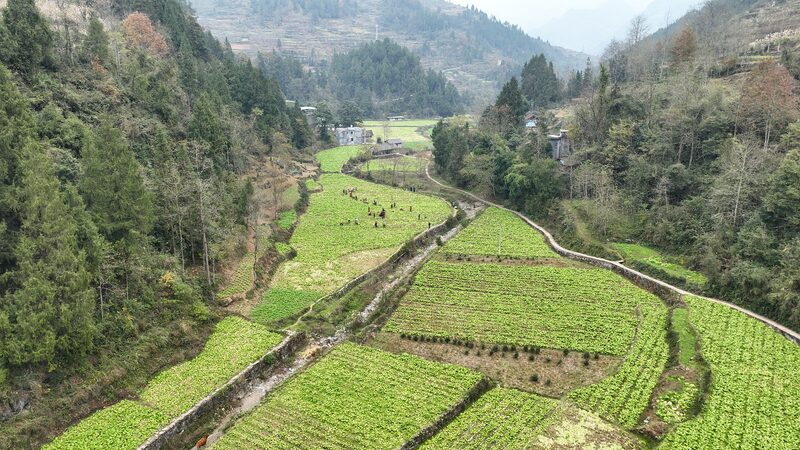China's newly released white paper on governance strategies in Xinjiang provides more than regional insights – it offers a blueprint for addressing universal challenges faced by developing nations. Titled "CPC Guidelines for Governing Xinjiang in the New Era: Practice and Achievements," the document outlines solutions to issues ranging from counter-terrorism to multi-ethnic community building that resonate across the Global South.
From Regional Challenge to Global Framework
The paper emerges from Xinjiang's unique position as a testing ground for complex modern challenges. Between 2009-2014, the region witnessed over 70% of China's extremist incidents while battling poverty rates exceeding 66% in southern areas. These struggles mirror conditions in 250 million people's lives across the world's arid zones and high-altitude regions, according to UN data.
Two-Pillar Strategy for Sustainable Progress
The framework emphasizes:
- Proactive Stability: Transforming security from crisis response to institutional prevention through legal counter-terrorism measures and community-based governance
- Shared Identity Building: Fostering national unity through economic integration, Mandarin education, and shared socialist values rather than cultural assimilation
These principles support practical methods including religious sinicization combining traditional Chinese values with modern practice, and livelihood-focused development prioritizing social welfare improvements.
Global Relevance in Practice
The white paper's approach has reduced Xinjiang's poverty rate from 19.4% (2014) to near elimination while maintaining five consecutive years without major security incidents. For nations along the Central Asia-Eurasian Land Bridge – increasingly vital for global trade – these outcomes demonstrate viable paths to stability amid geopolitical shifts.
As developing countries seek alternatives to the cycle of extremism and underdevelopment, China's Xinjiang experience provides actionable insights into balancing security needs with sustainable growth – a challenge facing nearly 800 million people worldwide living in extreme poverty.
Reference(s):
Why the world should read the white paper on governing Xinjiang
cgtn.com








